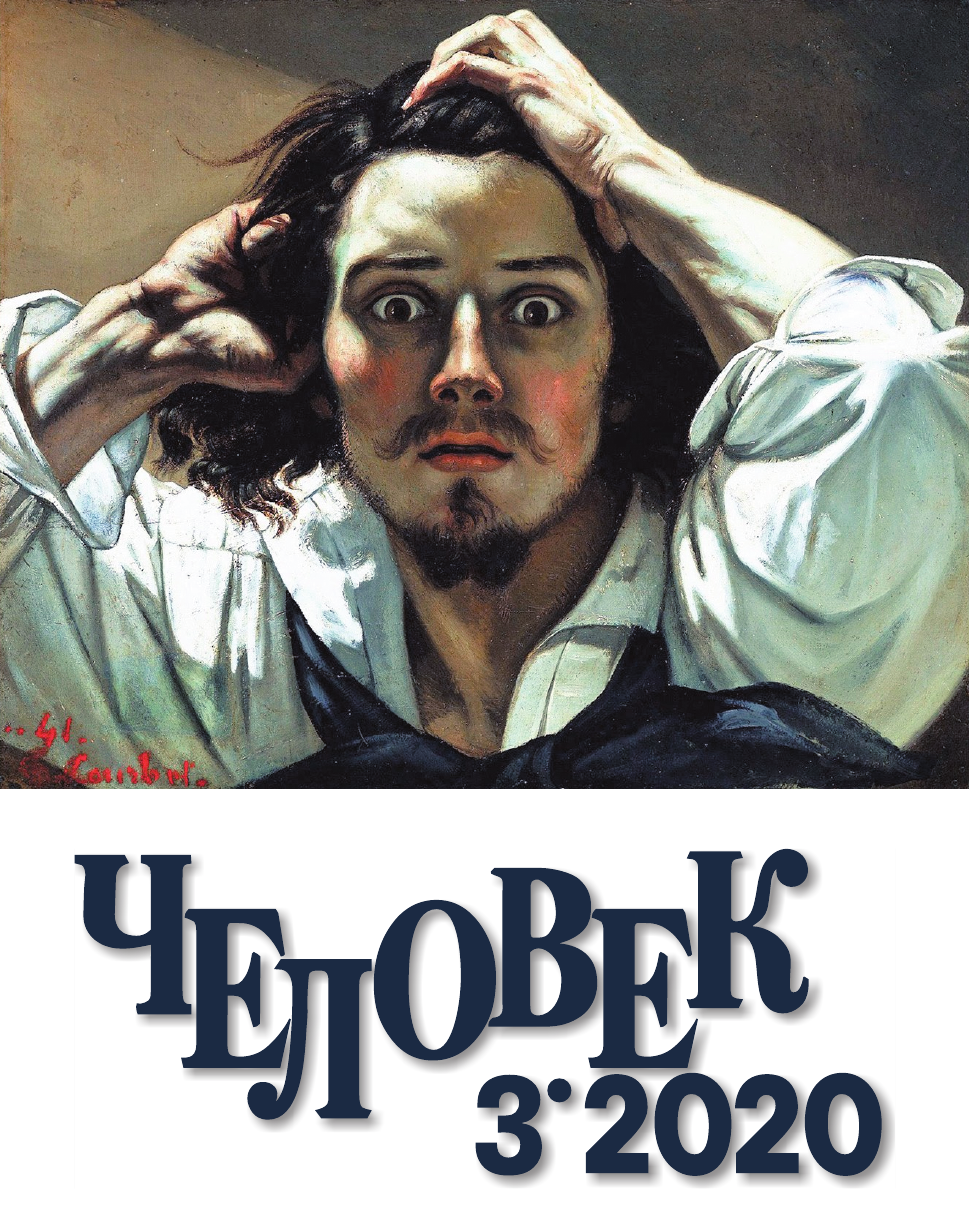The Idea of the United Europe in the Context of the History of Philosophy
Keywords:
national identity, idea of the united Europe, European values, European citizenship, international world order, Kant, Nietzsche, KojèveAbstract
In his 1795 treatise "Toward Perpetual Peace," Immanuel Kant formulated his vision for an international world order founded on a confederation designed to facilitate peaceful international relations. Kant's ideas influenced not only the institutional make-up of the United Nations but also of the European Union. Along with Kant, such thinkers as Friedrich Nietzsche and Alexandre Kojève considered what international structure is optimal for the future of Europe. This discussion focuses on the philosophical origin of the idea of a united Europe and explores the state of its current implementation in Europe. The chapter examines the concepts of Kant, Nietzsche, Kojève, and other thinkers who grew critical of European culture and asked how relations between European nations may be best structured. The authors discuss the following questions: What are the philosophical origins of the European Union? To what extent do the European Union’s current practices reflect the ideas formulated by the above philosophers? How should the concept of “European citizenship” be understood? What is the relationship between the concepts of "national identity" and "European identity"? Is it possible for the European Union to function effectively while maintaining national identity in each of its member states?






